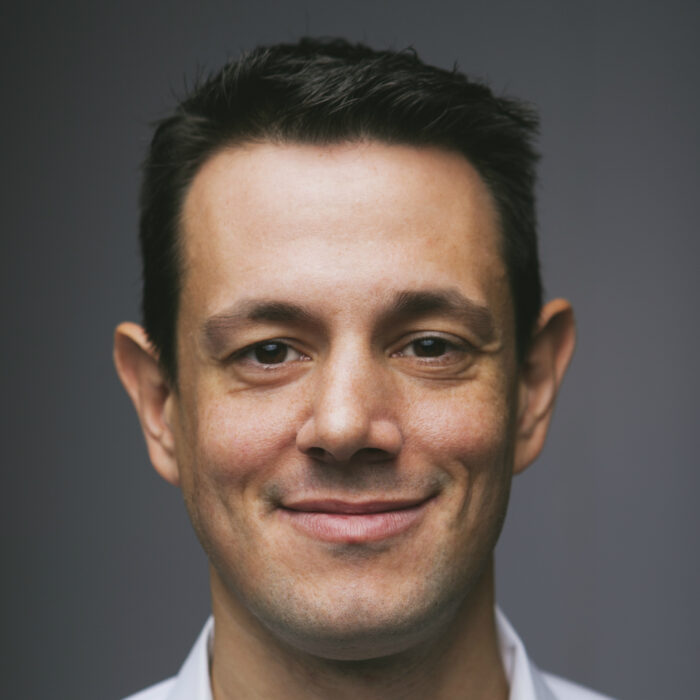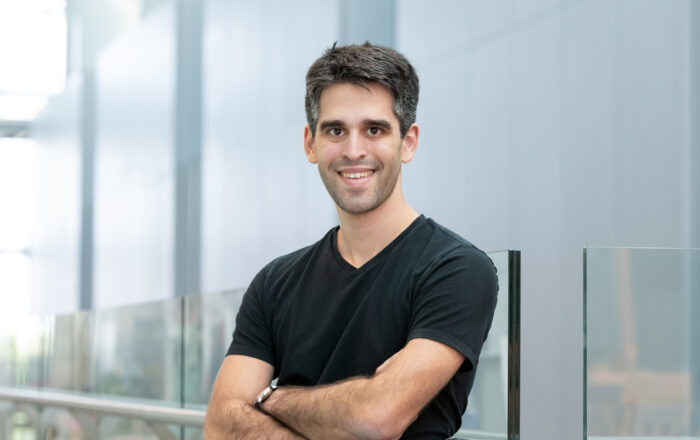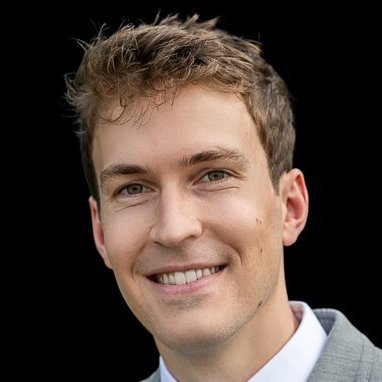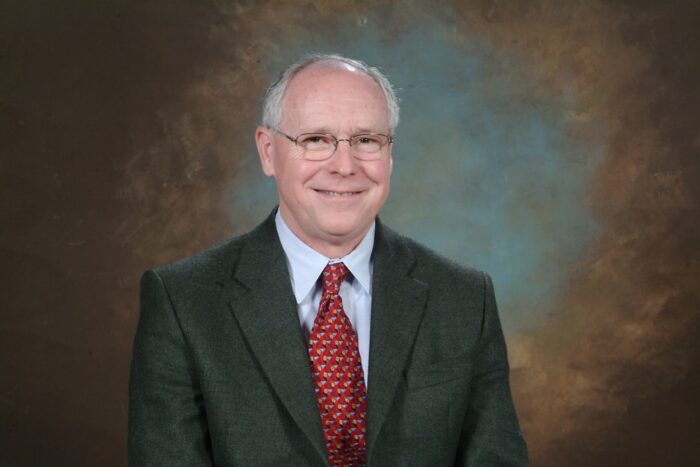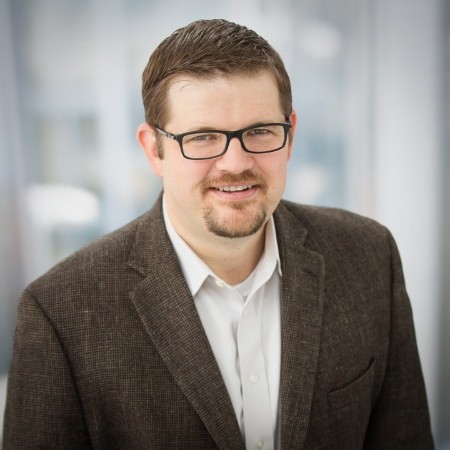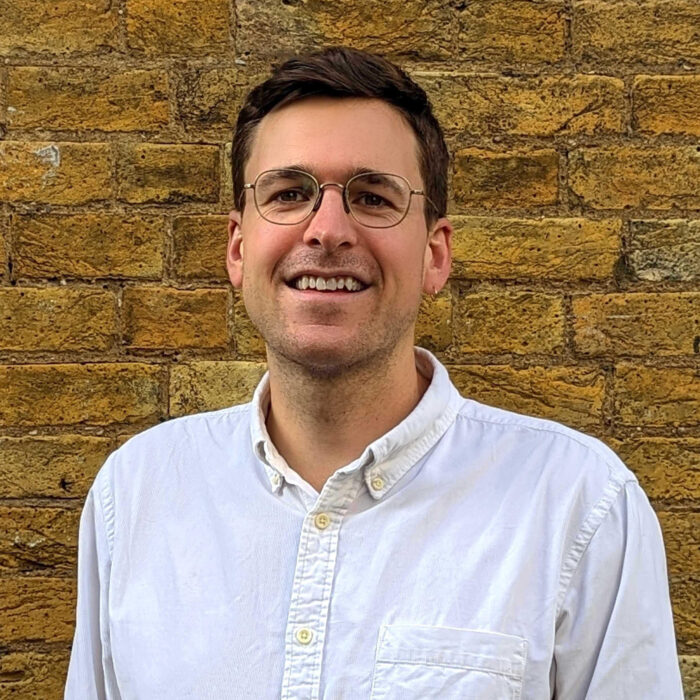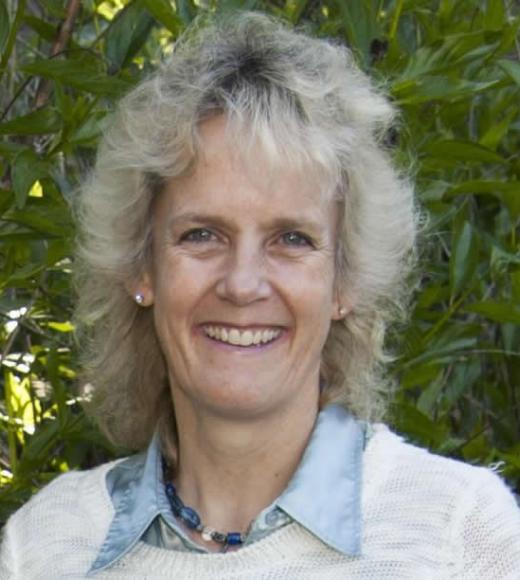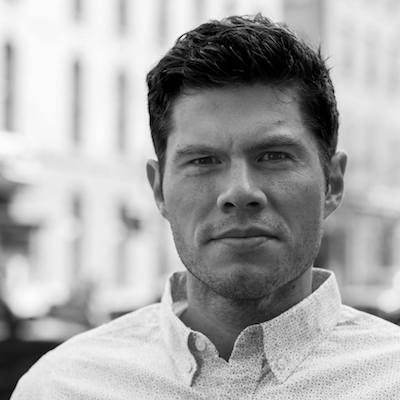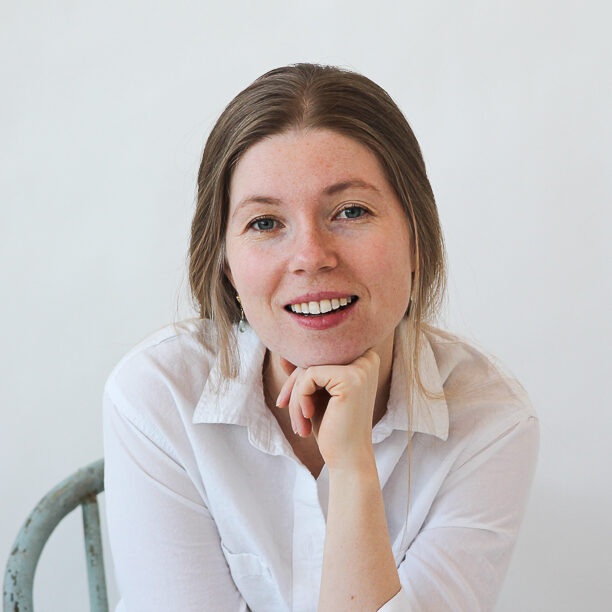
The 2025 Roots of Progress
Blog-Building Intensive
Join our third fellowship cohort. Write essays about progress. Make progress real.
Now in its third year, the Blog-Building Intensive is an opportunity for writers to sharpen their ideas by discussing them with each other, learn new writing skills and processes, grow by receiving feedback from professional editors and peers alike, and increase their impact by growing their audiences.
Previous BBI fellows have leveraged their writing success to help lower rents in Austin (Ryan Puzycki), join the White House as an advisor (Dean Ball), co-found an AI not-for-profit (Rosie Campbell and Robert Long), initiate high-impact blogs at their company (Madeline Zimmermann), and, of course, build significant followings for their blogs (Max Tabarrok, Andrew Miller, and many more).
We need a new philosophy of progress.
The progress of the last few centuries—in science, technology, industry, and the economy—is one of the greatest achievements of humanity. But to keep this upward trend going, we must believe that continued progress is both possible and desirable. The 19th century believed in the power of technology and industry to better humanity, but in the 20th century, this belief gave way to skepticism and distrust. It’s time for a new generation of intellectuals to help the world understand and appreciate progress so we can build an abundant, techno-humanist future.
The Roots of Progress Fellowship exists to empower intellectual entrepreneurs for progress.
You’re excited about progress studies. You love to write and have published a few posts or essays on a variety of topics. Now you wonder: what’s next?
Maybe you’d like to explore a career in writing about progress studies and abundance policy for a general (non-academic) audience, but you’re not quite sure how to get going. Or maybe you’re already blogging and publishing on Substack but would like to get to the next level—find your own topic area, increase your productivity, get more plugged into the community, and grow your audience.
Through this program you will zero in on a topic area to go deep on, improve your writing, increase your productivity, more fully understand and apply progress ideas, get plugged into the progress movement, and grow your audience.
2025 Progress
Blog-Building Intensive
10 - week cohort. July 28 - October 10
A 10-week online program (plus 1 week of onboarding) for writers eager to write more and better, to a larger audience, about progress studies topics
What past blog-building
fellows say about the program
What you’ll get
A community of peers to encourage and challenge you, during the program and beyond
You’ll meet your ~25 peers during a week-long onboarding program. We’ll share bios so you can find your people ahead of time, and each of you will share an essay you published for others to read, so you can start the actual ten-week intensive with a community already coming together.
Your peers will help you shape your essay ideas before you even start writing. They’ll edit your essays, and you will edit theirs. They’ll bring a breadth of knowledge that will help accelerate your research, and they’ll introduce you to others in their network, from people at key publications to industry experts. Much of this work will happen in twice-weekly peer group sessions, with 2-3 people break-out sessions for brainstorming and feedback.
Best of all, your peers will be your close progress network into the future: many of our alumni still meet weekly, give feedback on each other’s essays in the blog-building Slack, and quote and link to each other’s work.
How often do you get feedback from smart, dedicated and knowledgeable people who largely share your progress perspective and general worldview? — Maarten Boudry, 2023 Fellow
"Peer feedback was the best part of the program!" — "Dynomight," 2024 Fellow
"The best part was getting to know the fellows and the core ideas they cared about. The feedback was always excellent." — Grant Mulligan, 2024 Fellow
An immersion into progress studies & a chance to go deep on agriculture & health, biotech and longevity
All fellows will be immersed in progress studies and abundance policy ideas throughout the program. We’ll share a reading list, and you’ll have an opportunity to read key essays, take notes, and discuss them with your peers. Our progress studies advisors—academics, progress bloggers, think tank leaders—will give talks and answer questions. You’ll meet 1:1 with the Roots of Progress team to discuss your goals for the intensive.
"The quality of advisors is superb. Hearing and learning from them was an incredible experience." — Jannik Reigle, 2024 Fellow
"The advisor sessions contained information you can't really get anywhere else, whether that's specifics on how to build an audience writing online or the unvarnished opinions of founders and intellectuals. Definitely one of the 'cooler' parts of the program, and really felt ambition expanding." — Sean Fleming, 2024 Fellow
This year, for our third blog-building cohort, we’re also offering themed tracks for two progress cause areas: agriculture and health, longevity, & biotech. Whether or not you choose to apply for the themed tracks and focus your writing on these topics, you’ll be able to attend the advisor sessions and deepen your understanding of agriculture and health, longevity and biotech as drivers of progress.
An intensive online writing program, including editing and tips on growing your audience
To qualify for the fellowship, you must be a good writer; but our goal is to help you become a great one. Writing instruction is central to the Blog-Building Intensive.
This year, we are upgrading the writing instruction with a new program we designed to specifically support the type of writing our fellows want to excel at: long-form, informational essays, that explain and persuade, often in technical topics areas or or tricky policy topics. It’s a unique type of writing that targets an intellectual, general, curious audience, and it requires a writing approach that different than writing op-eds, policy white papers, or personal narratives—and it’s certainly nothing like the five-paragraph essay or university paper many of us grew up with. Through our writing course you will learn how to generate ideas, overcome writers block, structure an argument, organize your research, incorporate data and charts into your writing, work through multiple drafts and produce publication-ready writing that engages and excites the audience you want to reach.
You'll learn by writing four essays, working in two week sprints. Three will be around 1,000 words (the recommended length for Substack essays); one should be a longer, more deeply researched piece you might consider pitching to an outside publication (2,000-5,000 words).
Our writing course will meet weekly and will be taught by will be taught by our Program and Community Operations Manager, Emma McAleavy. Her work has previously been published in The New York Times, The Boston Globe, Outside Magazine.
All of your essays will also be edited by our Developmental Editor, Mike Riggs. Mike is the former deputy managing editor at Reason magazine. His work has appeared in The Atlantic, The Smithsonian, Pacific Standard and Freethink.
Our goal is to empower you to finish the program with four pieces that you are proud of—some of the best writing you’ve ever done.
Participation in the second annual progress conference in San Francisco
As a Roots of Progress blog-building fellow, you’ll be able to attend the invitation-only 2025 progress conference in San Francisco, October 17–19. You’ll be able to learn from dozens of invited speakers and meet with hundreds of key people in the progress/abundance movement, from writers to tech leaders and builders, from academics to storytellers, from established thought leaders to some of the 2023 and 2024 Roots of Progress fellows.
This is an invitation-only event, and as a fellow, you’ll be on the invitation list!
All 20 fellows of the 2025 Roots of Progress blog-building program will also spend an additional day with each other to strengthen the relationships you built during the online part of the program. We’ll arrive Wednesday, have a relaxing evening together at Lighthaven, where you’ll be able to stay on site for the entire conference, and then spend Thursday, October 16 thinking about future goals and strengthening our relationships as a fellow community.
All the content at the conference and the relationships you build are a great basis for a fifth essay (optional but highly recommended) which our editing team will help you get production-ready. There may even be an option to get your conference-related writing published in the special conference edition to be put out by our media partner, Freethink.
We’d love for as many participants as possible to join us for this in-person, community-building experience. However, if you can’t commit to traveling at this time, we understand: just let us know in the application that you’re opting out of the in-person part.
"There were two previous moments in my life where I've had a "we're not in Kansas anymore" feeling, the fellowship/conference was the third. I sensed that the bar has been raised, that my ambition and ability better catch up because I've seen what it really takes to make something great." — Grant Mulligan, 2024 Fellow
"The icing on the cake was meeting everybody in person at the conference, and seeing that we were all so connected already." — Quade MacDonald, 2024 Fellow
Why this program matters, in their own words
2023 blog-building fellows discuss their experiences
New for 2025:
Themed tracks for agriculture and health, longevity and biotech
For each of these tracks, we’re looking for 3-5 fellows who are passionate about the topic and who bring relevant expertise. If you apply to the agriculture or health, longevity and biotech track, we’d love for you to write at least 2–3 out of your 4 blog-building intensive essays on these topics. And our list of advisors includes leading writers and builders in both fields.
This year’s fellowship features two themes: Agriculture and health, longevity and biotech. We will accept fellows writing on any progress or abundance-related topic, but will give preference for a handful of spots to applicants focusing on these areas, and we will have dedicated programming for these tracks.
Agriculture
Advances in agriculture have been key to unlocking human flourishing. But continued progress is not assured. Agriculture will need to adapt to climate change, de-globalization, animal welfare concerns, political constituencies that object to the use of cutting-edge technology in agriculture, and many more unforeseeable challenges. We need more writers exploring the most promising approaches to these challenges, and envisioning a flourishing agriculture future for people, animals and the planet.
Health, longevity and biotech
From the eradication of formerly deadly childhood illnesses to advances in immunotherapy treatments for cancer, we have radically increased human lifespan and healthspan in the last two hundred years. How can we continue to increase human life and healthspan? What does a planet of longer-living humans look like? How can we unlock the potential of biotechnology to cure disease and aging? What kinds of incentives and funding models will allow to realize accelerate advances in medicine? How can improve the population-wide health? We are interested in writers exploring these questions and more.
A typical two-week period in the blog-building intensive

Fellowship timeline
The 10-week intensive runs in four two-week publishing cycles. You’ll start writing on a Monday, and publish Friday the next week. Each weekday, there’s one course sessions; weekends are reserved for your own independent work.

Program Advisors
As you explore writing in progress studies as a career option we introduce you to those who’ve already made it: successful, established writers in progress studies as well as leaders of progress-related organizations, editors, and content experts in our two cause area tracks of agriculture and health, longevity and biotech. You’ll have a chance to meet with and learn from the best!
Progress intellectuals and writers

Eli Dourado
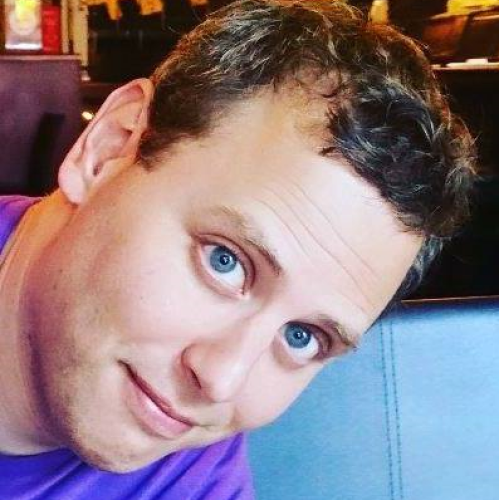
Noah Smith

Tomas Pueyo
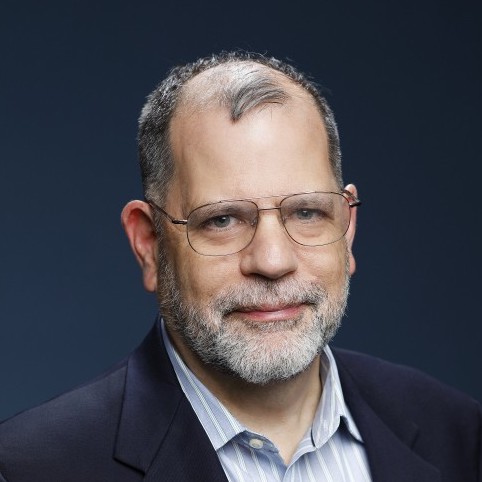
Tyler Cowen
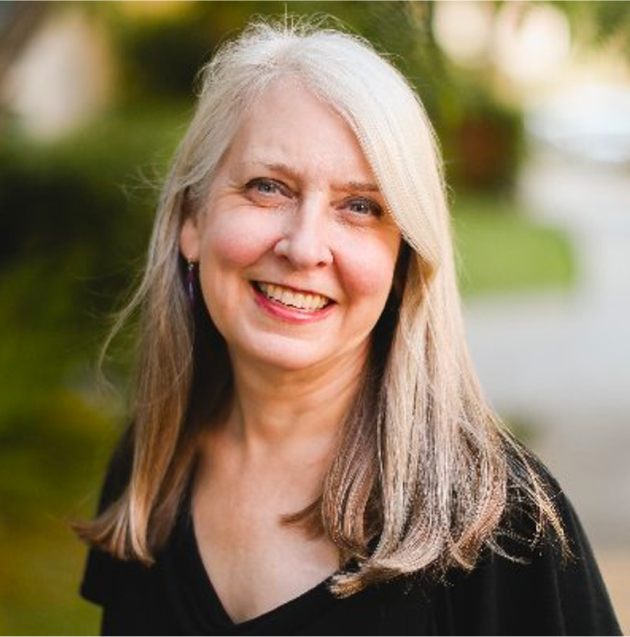
Virginia Postrel
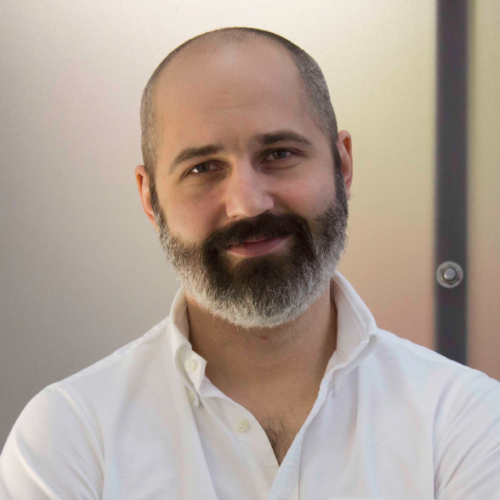
Brian Potter
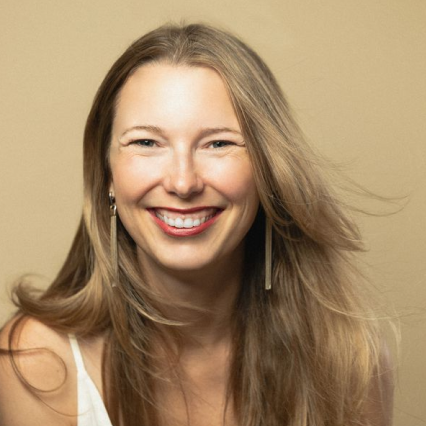
Elle Griffin
Industry experts
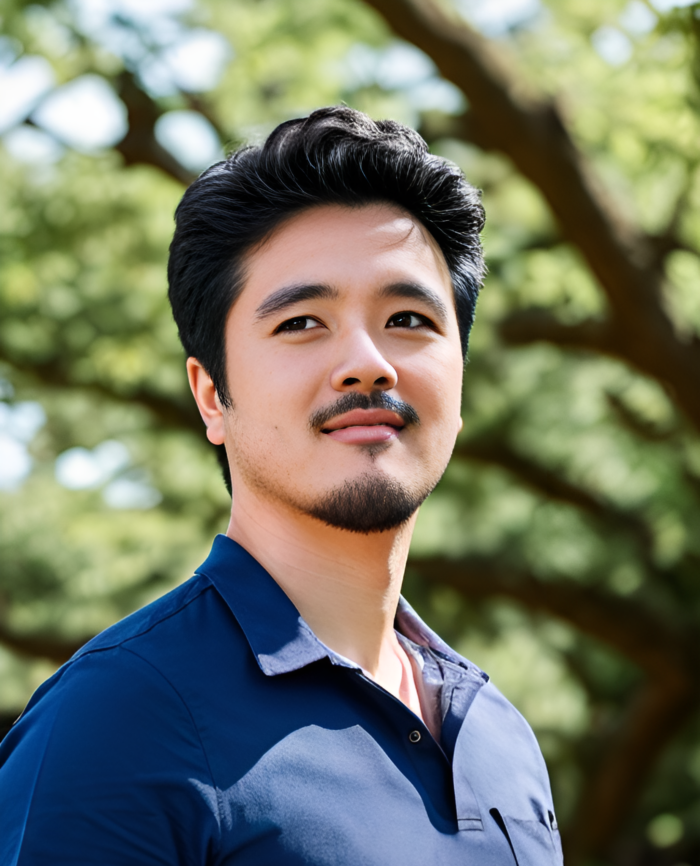
Robert Yaman
Roots of Progress Institute Team
What you need to invest
10–15 hours of your time for 10 weeks. No program fees
Be ready to spend 10-15 hours per week on this program for 10 weeks (plus one additional week of onboarding)—to read, to write, to participate in discussions with experts, to provide editing and feedback to your peers, to participate in group meetings.
There is no cost to you: this program is supported by the Roots of Progress donors and program sponsors who are passionate about creating a new philosophy of progress for the 21st century. You will also get a ticket to the 2025 progress conference in San Francisco, food and lodging during the conference and for the extra fellowship day beforehand, and a travel stipend for the event.
Meet the 2024
Roots of Progress fellows
43 fellows have completed our blog-building intensive fellowship program. You can read their bios and some of their essays here. Last year our fellows:
- Came from a wide range of backgrounds: They were founders, researchers, academics, policy-makers, capital allocators, and journalists from across the U.S., Canada, Germany, Switzerland, Ireland, the U.K., and Hong Kong. They write about nuclear fusion, reproductive longevity, space manufacturing, housing reform, urban mobility, industrial policy, AI safety and opportunity, biotechnology, European innovation, eco-modernism and so much more.
- Significantly increased their output and reach. Most who didn’t yet have Substacks started them, and on average, they doubled their writing productivity during the program.
- Achieved career advancements and increased their ambition and energy. Some switched to writing as a core part of their careers, some got appointed to policy positions or joined further programs, some founded their own organizations. 80% of them strongly agreed that the program significantly accelerated their career as a writer for progress.
Frequently Asked Questions
Who is the program for?
The ideal candidate is someone who has made, or is exploring making, a career out of writing on progress studies topics, such as those outlined here. The program is great both for those just starting a blog, and for established writers who want to get more involved in the progress community. In either case, a great candidate will have have ambitious growth targets for their blog, with a goal of writing on progress topics regularly (at least on a monthly basis, but twice a month or even weekly is great, too).
You’ll benefit most from this program if:
- You have demonstrated skill in clear, compelling writing, and are excited about writing (despite all its challenges!)
- You are eager to grow your skills as a writer. You’re looking to become more productive, clearer, more engaging, better at reaching new audiences. You want to hear constructive feedback, and lots of it!
- You are familiar with and aligned with the ideas of human progress, agency, and a solutionist approach
- You are insanely curious and love to go deep in topics you’re excited about
- You can dedicate 10-15 hours for 11 weeks to this program. This program is great for a wide range of people – students, recent graduates, for people exploring a career change, writers of all kinds, people returning to professional work after a break, or people who retired from a full-time career and are looking to make a difference by bringing their expertise to bear on progress studies.
- You either have already decided to make writing about progress topics a part of your career, or you are actively exploring it and eager to figure out how to make a unique contribution
- New for 2025: Cause Area Tracks in agriculture and health, longevity and biotech. This year, we’re giving preference for a handful of spots to writers on agriculture and health, longevity and biotech. If you are excited about these areas, you can apply for the relevant track and focus your writing on these topics. These tracks are optional; we welcome writing on different cause areas or progress studies more broadly.
Is this an online or in-person program?
Both! The 11-week online writing intensive is online, with live talks, deep dives, expert conversations, networking within the peer group, and more.
We highly recommend that you attend the in-person cohort event and 2025 progress conference at the end, to deepen your connection with your peers and take advantage of the unique opportunity to meet some of the advisors and many other exciting people in the progress movement in person. If you just can’t make it, let us know at the outset, and if you are otherwise a great candidate, we’ll find a way to make it work.
What is the time commitment? Can I do this part-time?
The program is structured so it can fit into your life even with other commitments, like family or a full-time job, and independent of the time zone you’re in. You’ll need a minimum of ~10 hours per week, with ideally more time especially toward the end of the program when you’ll be completing your longer, more deeply researched essay.
- Live sessions: 3-5 hours per week. Each week, there will be five Zoom sessions of about an hour each, of which three are core sessions everyone should attend and two are optional (an extra “peer group gym”) or for the special agriculture and health, longevity and biotech tracks. Most of these sessions will be in the morning Pacific Time, mid-day East Coast time, evening European Time.
- Research and writing: 4-6 hours per week. The program is structured around two-week research-draft-edit-publish cycles. Most fellows will need ~8-10 hours to get an essay ready to publish over the two-week period.
- Editing peer writing: 1-2 hours per week. Our fellows say that receiving and giving feedback to their peers is one of the best ways to grow in this program. We expect each fellow to edit 2-3 peer essays each week, so each of you receives feedback from 3-5 people on each of your essays.
- Background reading & other assignments: 1-5 hours per week. Often, our staff, advisors, or writing teachers will suggest additional resources, from essays to books to additional recorded lessons. The more time you have, the more you can dig into this additional content!
How much knowledge of progress studies do I need to have?
Enough to be clear that you are aligned with the basic ideas, and that you are excited about exploring a writing career in the field. Some fellows may have read multiple books, participated in the Progress Forum online and followed The Roots of Progress and other blogs and podcasts for years. Others may have only recently discovered the field: that’s ok.
If you don’t know that much yet about progress studies, we’ve compiled a “getting started guide” here. We recommend that you invest a couple of hours a week for 4-6 weeks leading up to the start of the program becoming familiar with the core ideas.
What is involved in applying to and joining the themed tracks on agriculture or health, longevity & biotech?
In your application, you’ll have a chance to indicate whether you’re applying for the general cohort or specifically for the agriculture or health, longevity &b biotech tracks. For each of these tracks, we’re looking for people who both have a passion for the topic and who contribute a unique perspective.
If you join a track, you’ll be attending all the advisor sessions for that track, and you’re committing to focus your writing in the program on how agriculture or health, longevity & biotech are related to and enable progress. Here are some example topics you might explore or write about in the themed tracks:
Agriculture Track
Example topics:
- Adapting to climate change. Agriculture both contributes to and is affected by climate change. What does adapting to climate change look like? Which strategies seem promising, which seem less promising? What should farmers be doing to mitigate their farms contribution to agriculture?
- On-farm Data, prediction models and precision agriculture. One of the biggest frontiers in agriculture relates to the collection and use of data. More data than ever before is available from the ground (sensors), air (drones) and sky (satellites). What are the barriers to adoption? What is the current state of adoption?
- Lab grown, climate change and animal welfare. Lab grown meats are improving quickly. Proponents are excited about lab grown meats because they could reduce the carbon footprint of animal agriculture, and reduce animal suffering. What technological challenges need to be overcome to get there? What about regulatory and cultural challenges?
- “Sparing” the land vs “Sharing" the land. Some environmentalists and agriculture thinkers believe we should “spare” as much land as possible from farming. Others believe we should “share” land, that is: use land for multiple purposes including agriculture. How much should we value “wild” places? What are the benefits to be derived from preserving “wild” land? How do we define “wild” land? What does optimal land “sharing” look like? How much land should be “spared” versus “shared?”
- Safety-ism and Regulation. From successful anti-GMO lobbying to onerous and non-meaningful “Organic” food regulations, food “safety” advocates have done a lot to hamper progress. What do smart/effective safety standards/regulations look like? How can pseudoscientific safety claims be eliminated from the conversation?
Given the broad list of topics, we’d love to see fellows with a range of backgrounds—from people with deep expertise in agronomy, to those who research new ways to develop fertilizers, from animal welfare advocates to agriculture journalists.
Health, longevity & biotech track
Example topics:
- Longevity. Why should pro-progress people care about longevity? Why should people want to live longer themselves and want other people to live longer? What is the current state of longevity research?
- Biotech innovation and AI. AI scientists? AI-driven drug discovery? There is a lot of excitement about how AI could accelerate improvements in healthcare, medicine and drug development. What are the most promising applications of AI? What kinds of transformations should we expect to see? What is still unknown?
- Regulation and policy reform. Getting promising drugs and therapies to patients quickly would have obvious benefits. Delays cost lives. But safety concerns are real. What kinds of regulatory reforms will help get effective drugs to patients faster?
- History of medicine. Human lifespan and healthspan has radically increased in the last two hundred years. But unnecessary delays cost lives, too. What we can learn from the history of medicine about how to accelerate progress in the future?
- Prevention vs. treatment. While the US spends more than most other countries on medical care, our life expectancy lags behind. How should we think about preventing chronic diseases vs. treating them? Does our healthcare system provide the right incentives for prevention vs. treatment? How could new wearable tech and other data-based innovations help guide healthier lifestyles?
With the focus on health, longevity and biotech, an ideal fellow may be someone who has worked in one of these fields. You might also be a great candidate if you’ve spent some time researching these fields, whether at a think tank, as a personal passion project, or in academia.
How much does it cost?
The program is FREE. Our goal is to enable the best writers to build their blogs to help create and spread the foundational ideas of progress. We’re able to do this through the generous support of our donors and sponsors. This means we pay for all the staff, cover your lodging and food at the in-person event, and even offer a travel stipend for you to attend the progress conference.
Sponsor









